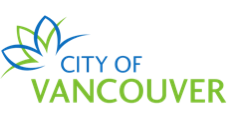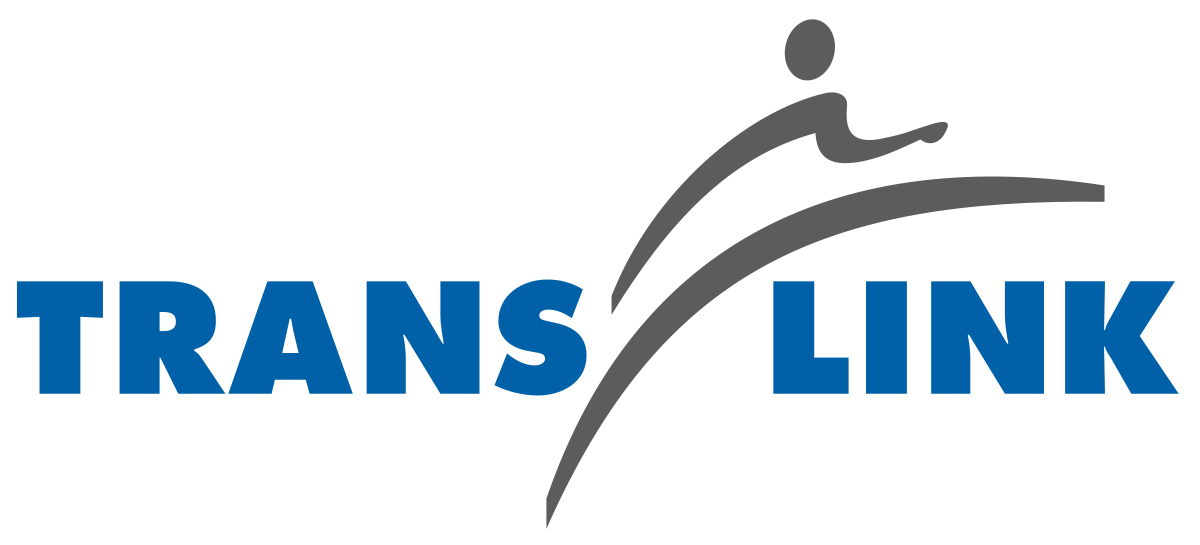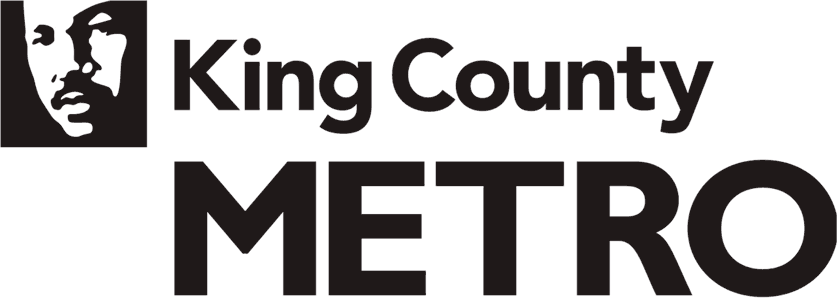 |
Amy Sidwell, Equipment Services Manager |
As a member of the C40 Cities Climate Leadership Group, the City of Vancouver has committed to climate change goals of:
To reach these goals, the City is targeting electrification of its biggest emitters: the medium and heavy duty truck fleet. Vancouver is seeking unique solutions including complete vehicles, hybrid and EV retrofits, body and equipment mounting, EV infrastructure, servicing and training, and technology pilots. Read a recent CBC article. |
|
 |
Andrew McCurran, Director, Strategic Planning and Policy |
Translink is the multi-modal transportation authority for the Metro Vancouver region, made up of 23 local government authorities. TransLink’s mandate is to provide a regional transportation system that moves people and goods – including by walking, cycling, transit and roads – in a way that supports regional and Provincial objectives for compact growth, economic development, and emissions reduction. Translink is looking for technology and digital solutions in 4 priority areas:
|
|
 |
Susan Mason, Senior Planner, Innovation and Performance Program |
| Sound Transit plans, builds and operates express bus, light rail and commuter train services in the Greater Seattle Region. Sound Transit is seeking solutions to help reduce curbside congestion due to the high volume of unscheduled vehicle traffic by Transportations Network Companies (TNCs), taxis, shuttles, microtransit, etc. in the space constrained pick up/drop off areas. We are seeking new facility/area design approaches and technologies including data capture, storage and analysis of traffic flow patterns and system performance, that will help optimize the flow of traffic to ensure convenience and efficiency for a transit commuter’s first mile of their journey (e.g., from home to transit) and last mile (e.g., from transit to their final destination). | |
 |
Pete Melin, Project Director, Zero-Emission Fleet Technologies |
King County Metro is one of the largest transit agencies in America and provides regional mobility services across 39 cities in King County, including to the City of Seattle. Metro manages or operates over 1,500 buses, 200 bus routes, light rail and streetcar services, as well as other innovative mobility options, including the largest public commuter van program in the nation. To help address climate change Metro is targeting a full conversion to a zero-emissions bus fleet between 2034 -2040. To help achieve this goal Metro is seeking technologies, solutions, partnerships and services for:
|
|
Back